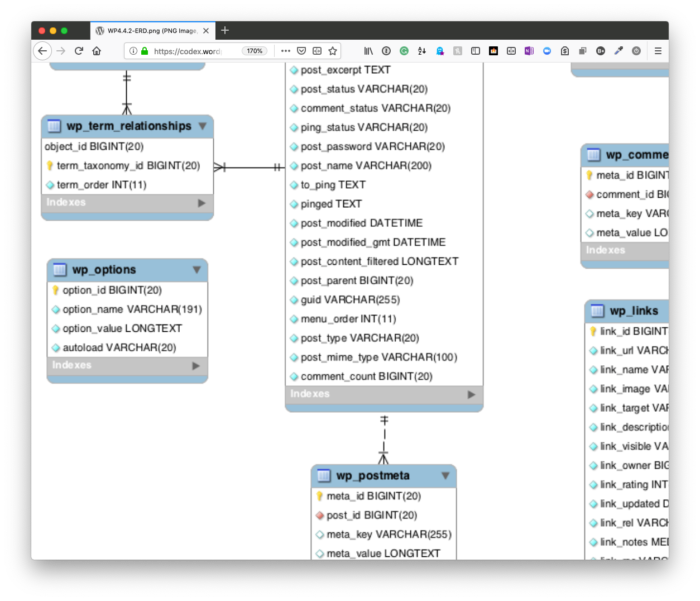Over the last few years, I’ve talked a lot about the nature of code quality and various tools, processes, and libraries that I recommend using when it comes to writing code for WordPress.
I’m also open that that majority of the work that I do is in backend development. This means that I work predominately on WordPress plugins using object-oriented programming and don’t work much with templates nor as much with front-end technologies.
It’s by choice, and I’m really happy with where I am. But I digress.
If you’re in the business of doing the same thing (or doing it as a hobby), it’s not just about writing the code. It’s about having proper tooling in place.
I’ve alluded to a few in these in previous posts, but I’ve not walked through the tools I use and the set up I use whenever I’m building a solution for myself or someone else.
At least not in an organized manner.
In this series, I’m going to do exactly that:
I’m going to cover the tools I use, the libraries I use, and how I use them.
Ultimately, the goal is that those of you who read this can incorporate them in your day-to-day work to write better code.


